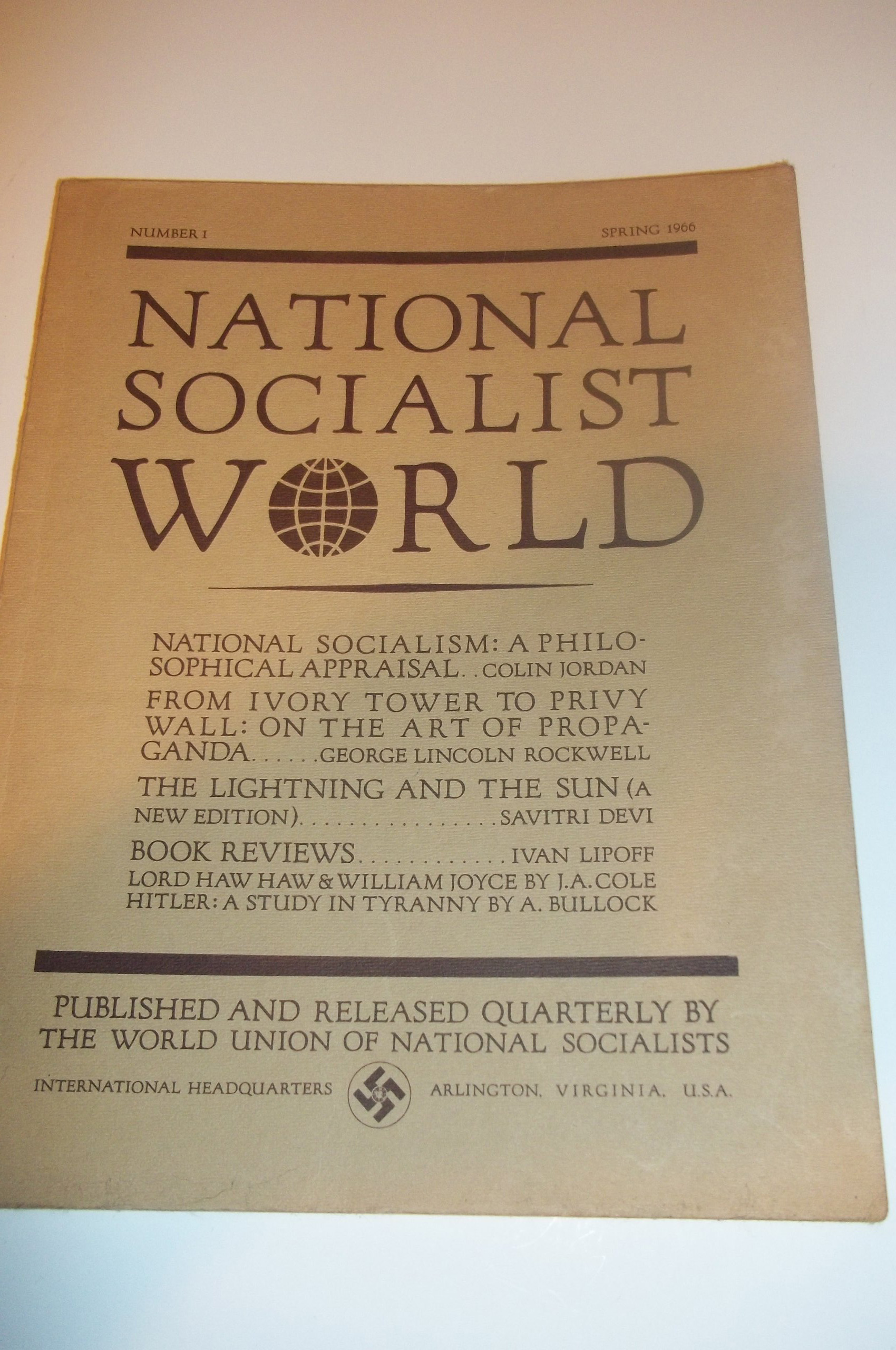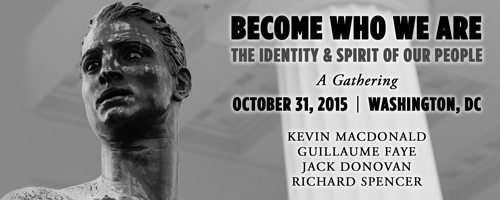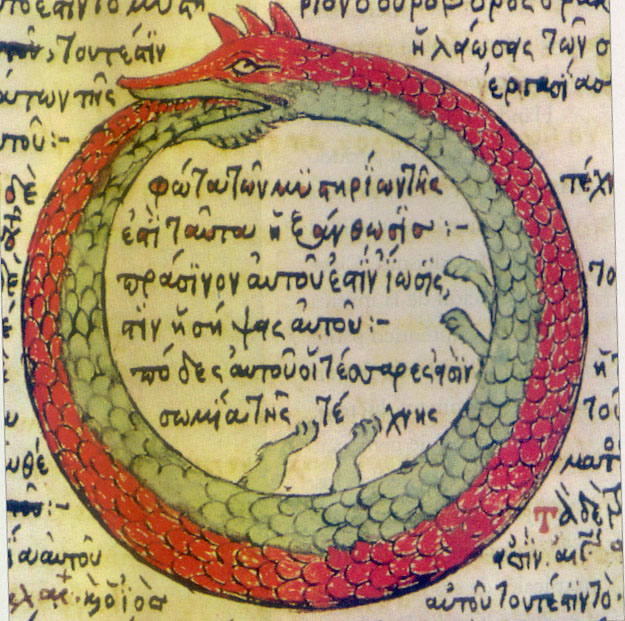The necessity of staying legal

“Revolution & legality”
Editorial by Dr. William L. Pierce
National Socialist World Journal
Winter 1968
Two classes of concepts which are fundamentally different in nature, yet often confused, are those having to do with doctrine and those concerned with tactics. The former are independent of changing circumstances and conditions; the latter are strongly dependent on these things. We make an extremely grave error when we treat a doctrinal point as if it were a tactical matter, but we also make a serious error when we assign to some tactical consideration the attributes of a point of doctrine.
 The National Socialist movement has generally been considered to be an element of the “right wing,” albeit an extreme element. Indeed, we apparently share a number of things with other right-wing elements, such as anti-Marxism, a respect for tradition, and support for the forces of law and order, That last has meant, among other things, that we have constrained ourselves to the use of “legal” methods only in our struggle.
The National Socialist movement has generally been considered to be an element of the “right wing,” albeit an extreme element. Indeed, we apparently share a number of things with other right-wing elements, such as anti-Marxism, a respect for tradition, and support for the forces of law and order, That last has meant, among other things, that we have constrained ourselves to the use of “legal” methods only in our struggle.
Now, whereas our anti-Marxism is implicit in our National Socialist doctrine, our self-restriction to legal methods is tactical in nature.1 Because the movement has, however, since 1923, insisted upon “legality” in its relationship with constituted authority, some may have fallen into the error of thinking that this insistence stems from doctrinal considerations about the sanctity of “law and order.” Under certain conditions this error can lead to disastrous consequences. Since the occurrence of these “certain conditions” in the foreseeable future is by no means a merely academic possibility, it may be worthwhile to examine this problem in detail.
In terms of the most fundamental National Socialist criterion, the question is: Is the support of the constituted authority and the maintenance of law and order in the best long-term interest of the race? And the self-evident answer is, that this depends upon the nature and the aims of the particular constituted authority in question. For while it is true that when a State is fulfilling its proper function as defender and champion of the racial interests of its people the aims of race and law and order become identical, those aims no longer coincide when the State strays from its proper role. In this respect the teachings of the Leader are quite clear:
The State is a means to an end. This end is the preservation and advancement of a community of physically and spiritually homogeneous living creatures. This preservation itself includes, firstly, subsistence as a race and thus permits the free development of all powers slumbering within that race… States that do not serve this purpose are mistakes, nay, monstrosities. The fact of their existence does not alter this any more than the success of a crew of buccaneers can justify piracy… We must make a sharp distinction between the State as a vessel and the race as its content. This vessel has a purpose only so long as it can preserve and protect the content; otherwise it is worthless.2
Strictly speaking, only a National socialist State can fully satisfy our criterion: any other State formation can only approximate the ideal role of the State as defender and champion of the racial interests of its people; and in this light the present day Western democracies can only be described as monstrosities.
If a State can be carried through a peaceful evolution toward its proper role, then this course should be followed, for we certainly do not seek a state of anarchy and chaos as an end in itself. There are always dangers inherent in such a situation: more than one revolution has gone astray during its violent phase, emerging from the conflict with an altogether different character than upon entering.
On the other hand, neither must peaceful revolution be sought as an end in itself. Where it does not provide a realistic and practical course of action, it must be abandoned without hesitation for other means.
Considering the present array of State formations with which we are faced, the question which naturally arises is this: is it conceivable that any of these degenerate and racially destructive entities can be smoothly transformed into a National Socialist State? Or must we think in terms of a total leveling of the present structures before we can hope to begin building a new structure on sound foundations? Whatever our answer, it must be based only upon an evaluation of the possibilities inherent in the various paths leading to our ultimate racial goals, and not upon any false conception of our obligations toward any presently existing State authority.
Again, the Leader has spelled this out for us:
State authority cannot exist as an end in itself, or every tyranny in this world would be sacred and untouchable. If, by the instrument of governmental authority, a people is being driven to its destruction, then rebellion is not only the right but the duty of every member of that people… In general, it must never be forgotten that the highest purpose of man’s existence is not the maintenance of a State, let alone of a government, but the preservation of its own kind. Let that be in danger of suppression or destruction, and the question of legality is but subordinate. Then, though the methods of the ruling power be a thousand times “legal,” the self-preservation of the oppressed is always the noblest justification for a struggle using any and every weapon.3
Why, then, the insistence up till now on “legality” in our struggle? The answer is that we are faced with the same difficulty today that confronted the Movement forty-five years ago in Germany: the enemy, with the repressive powers of the State at his disposal, is far stronger physically than we. In any shooting match with the State authority, we are bound to lose decisively, just as we lost on November 9, 1923.
The fact that the anarchist elements among the Jews are able to use illegal means with relative impunity in their assault upon “the Establishment” should not mislead us into thinking that the same tactics will work for us. In the first place, we do not have the allies in the Establishment that they have. We cannot provoke large-scale violence and disorder and receive a gentle slap on the wrist in reprisal, as they can. In the second place, we and they have entirely different aims. Since their purpose is, above all, to destroy the existing order of things, they have a much greater freedom of action than we have; they can carry out their purpose with a much looser organizational structure than we can ours, and thus they are relatively less susceptible to counterattack.
We are “legal” now because we dare not be otherwise; we are yet too weak to defy the State authority successfully. At the same time, as long as we are weak and ineffective the State feels no real threat from us, and, therefore, no pressing need to destroy us. But our relationship to the State is changing, and we are entering a new and critical phase of our development—one in which we are becoming too strong for the State to ignore, yet not strong enough to defend ourselves from its attacks. These attacks will progress from quasi-legal harassment, intimidation of our members and supporters, and interference with our mail to illegal arrests and criminal charges based on falsified evidence, the withdrawal of police protection, and—eventually—outlawry through special legislation. Whenever in the course of these developments we allow ourselves to be provoked into illegal counteraction, we provide the State with the powerful weapon of self-justification.
Yet, the conflict seems inevitable, for before our struggle is over each and every criminal comprising the System will have a pretty good idea just what fate awaits him at our hands. Very few are likely to deceive themselves into believing that we are “just another Party,” with which they can reach an “understanding” which will leave the System largely intact. They will almost certainly realize that a triumphant National Socialism will mean not only a permanent end to their whole way of life, but an end to life itself for many of them. This knowledge will not incline them to yield gracefully to us.
Despite what lies ahead, however, we must strenuously avoid yielding to the temptation to retaliate prematurely to the provocations that beset us. When we do take the very grave step of illegal action, it must only be because the further progress of the Movement demands it—not because we can no longer repress the urge to satisfy our thirst for vengeance or because irresponsible elements in the Movement have not been kept under close enough rein.
Thus, the key to success in the struggle ahead is self-discipline. While it is the time to be “legal” we must stolidly endure whatever the State sees fit to inflict upon us. And when it is time to revolt, we must be prepared to unleash all the furies of hell on the State until it yields.
W.L.P.
____________________________
- And our respect for tradition is often tactical rather than doctrinal; it makes a great deal of difference about which traditions we are talking.
- Adolf Hitler, Mein Kampf, II, Chap. 2.
- Adolf Hitler, Mein Kampf, I, chap. 3.






